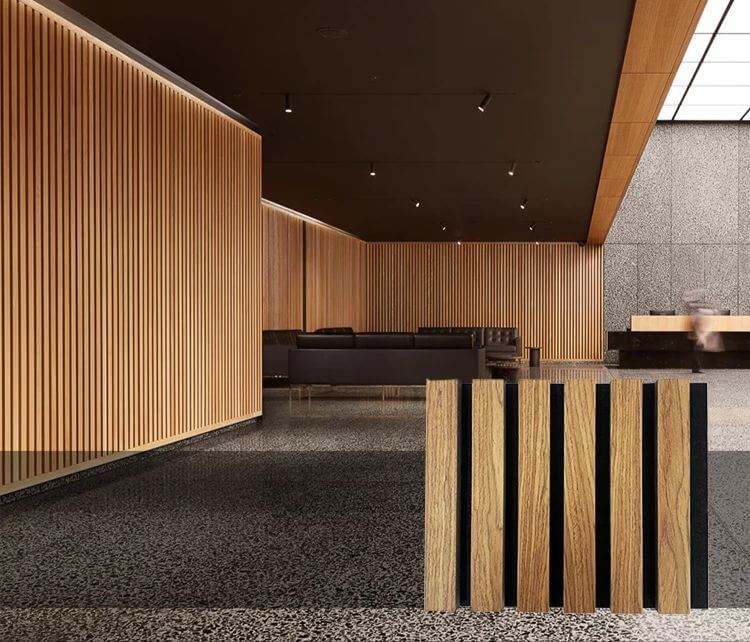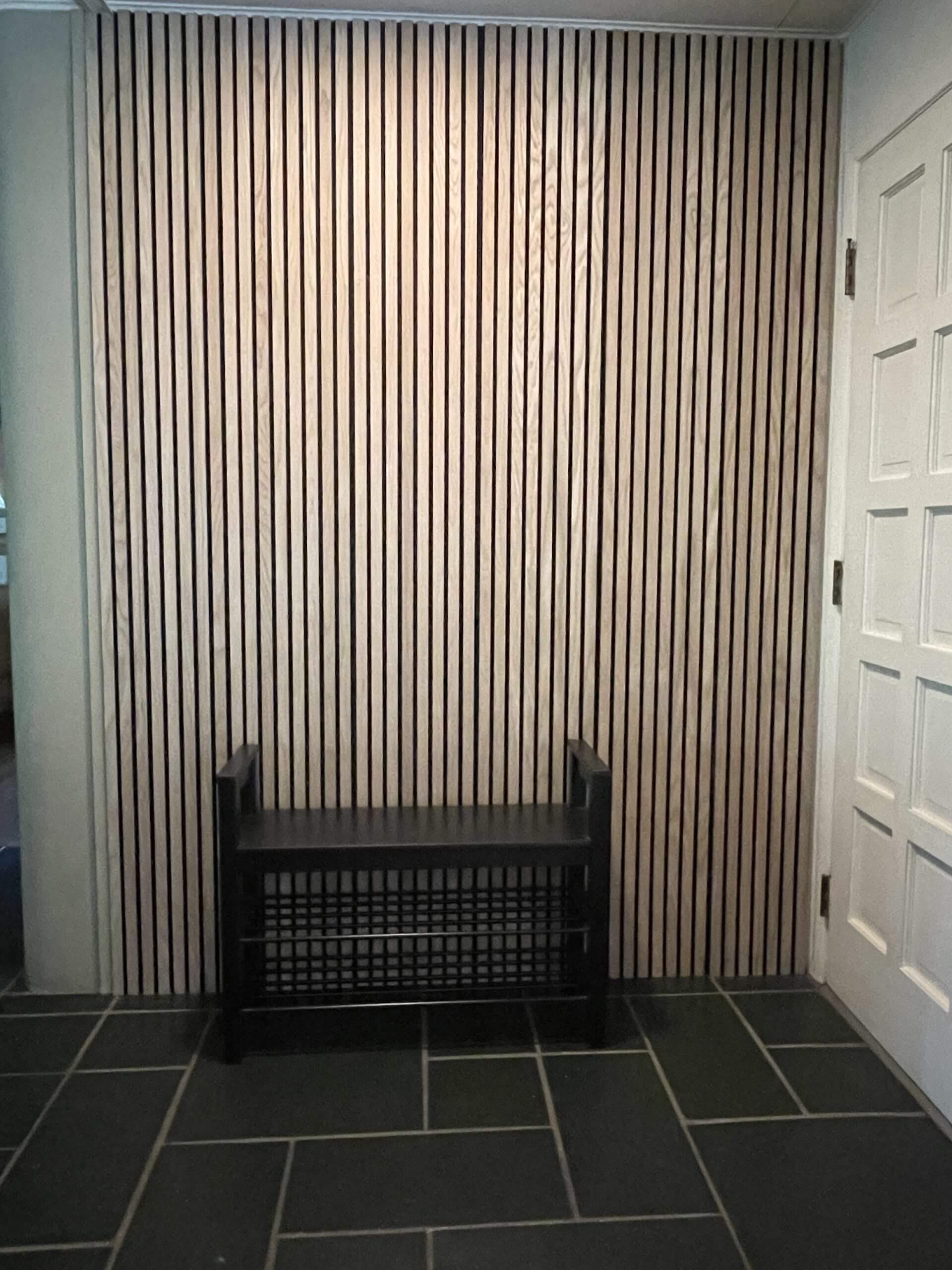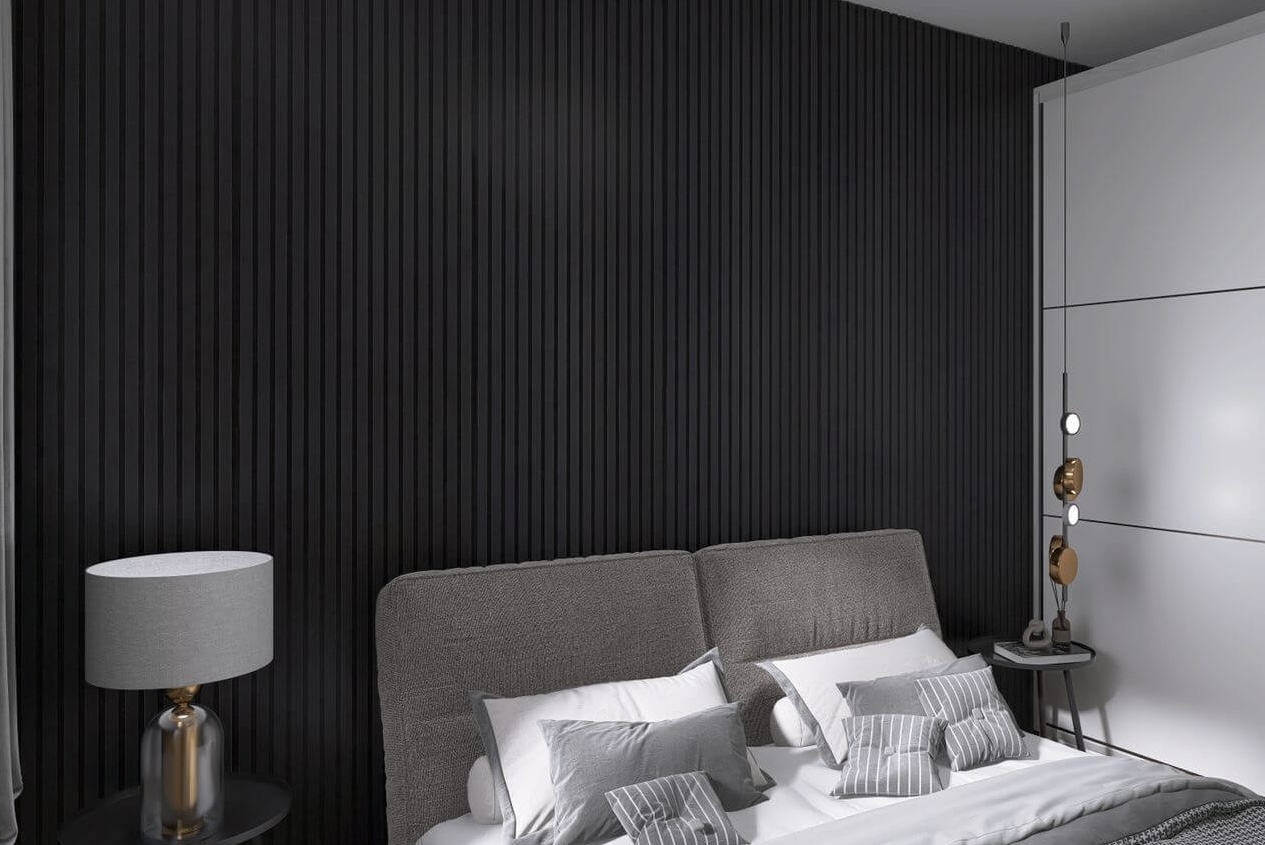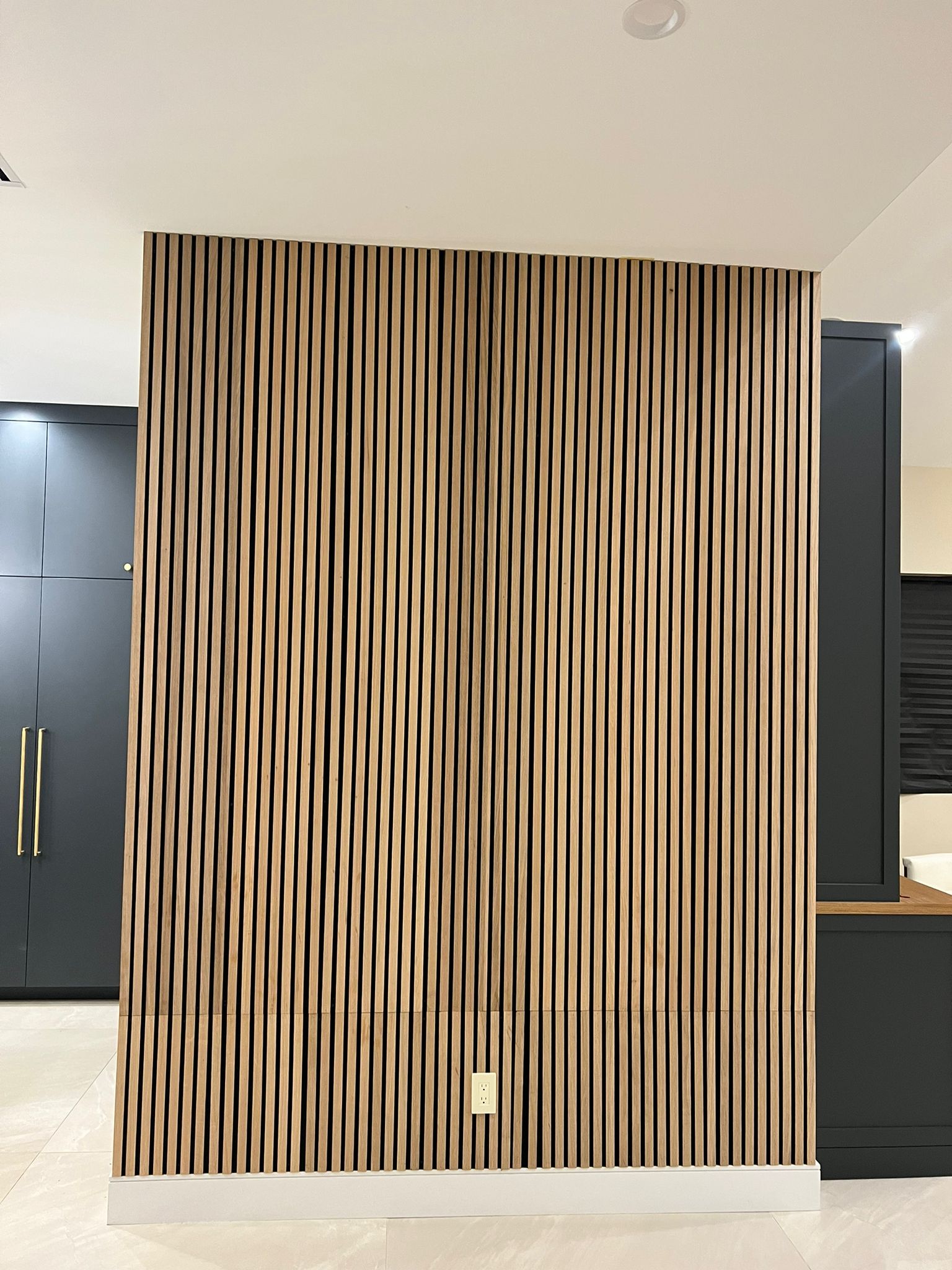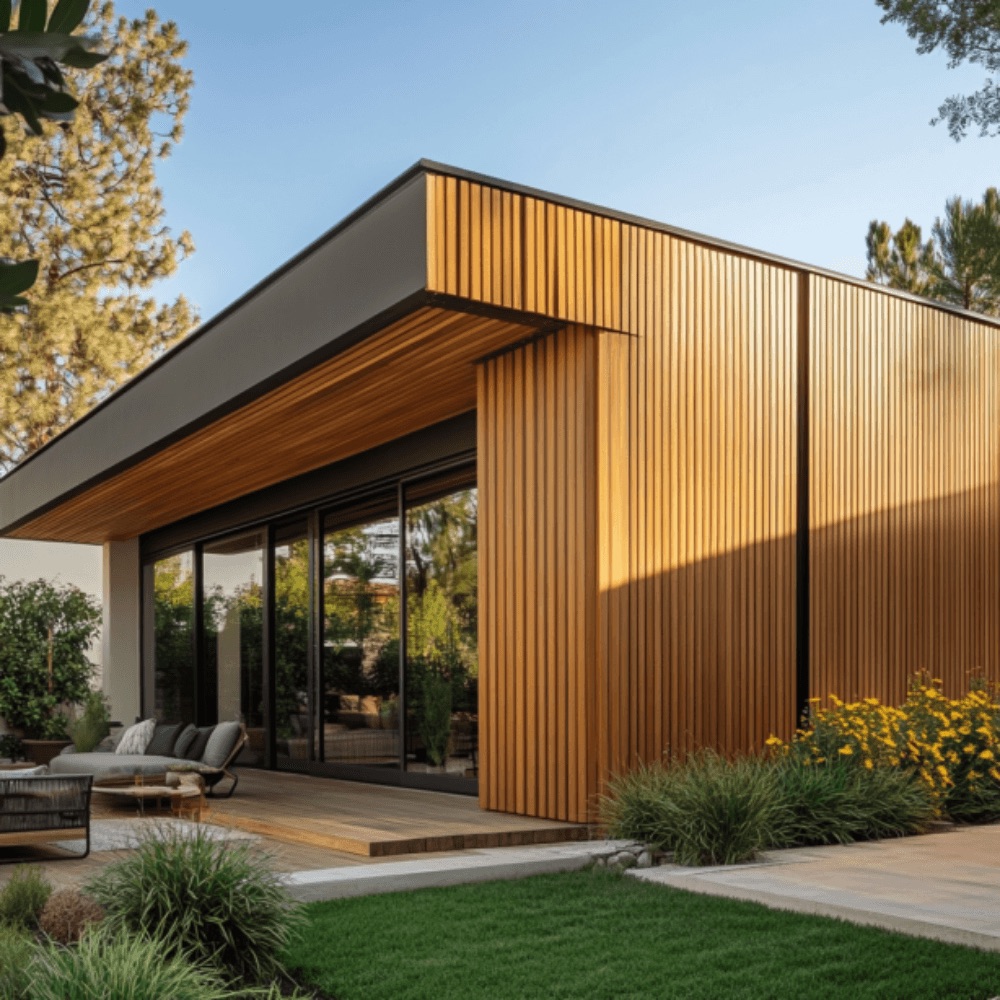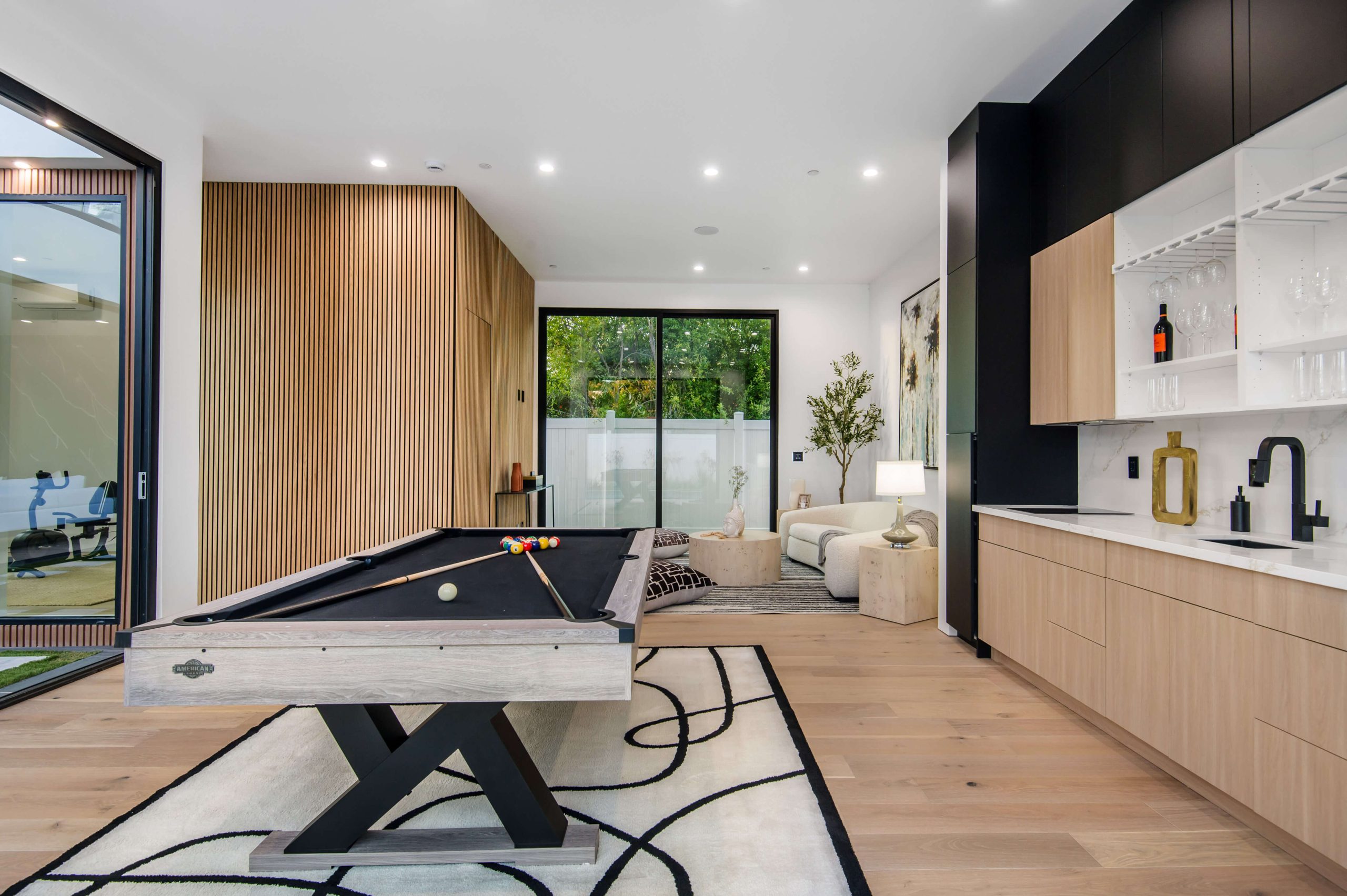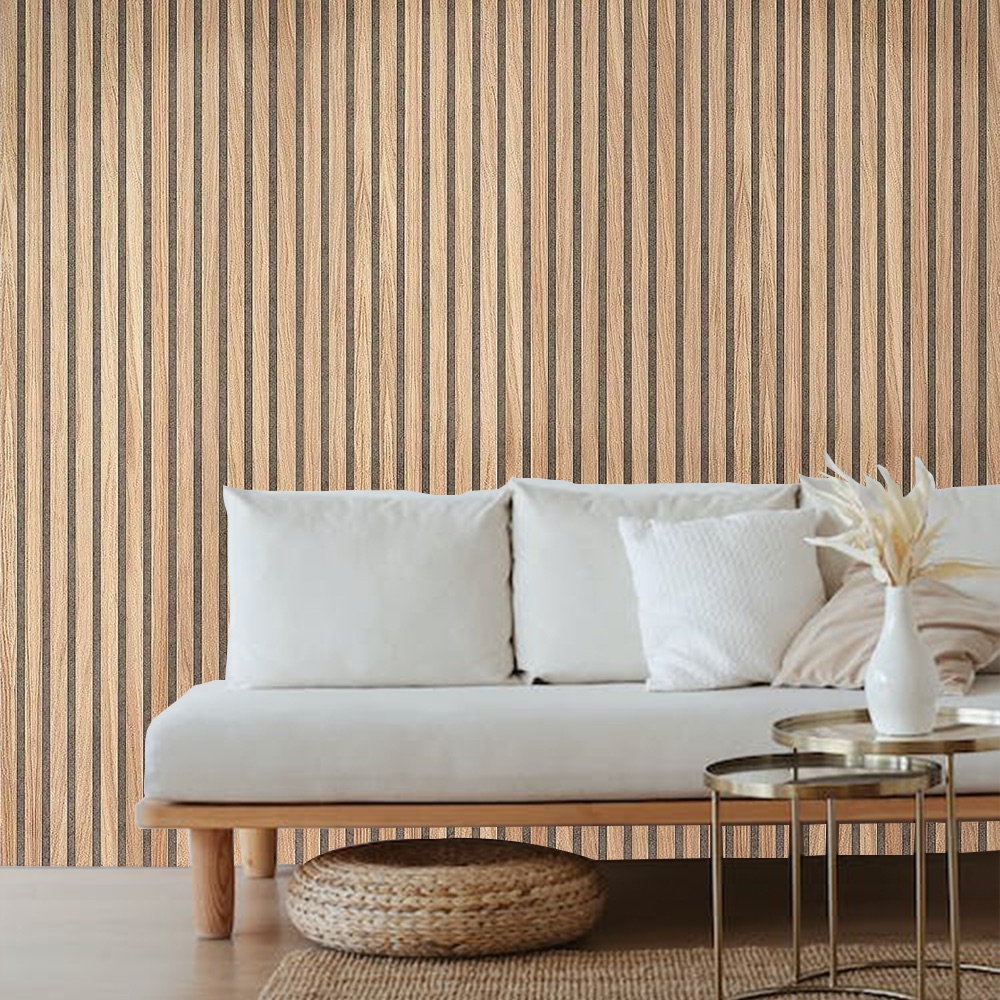When it comes to designing or renovating your property, understanding the types of exterior walls is crucial for both aesthetic appeal and functional durability. Exterior walls form the first line of defense against the elements and play a significant role in the overall structure of a building. Whether you are a homeowner looking for inspiration or a DIY enthusiast ready to start your next project, knowing your options is key. This guide explores the three main types of exterior walls and how they can elevate the appearance and performance of your home.
1. Wood Panel Walls: A Timeless Classic
Wood panel walls are a favorite among homeowners for their natural beauty and versatility. Derived from high-quality timber, these panels come in various styles, making them a go-to option for both traditional and modern designs.
Benefits of Wood Panel Walls:
- Aesthetic Appeal: Wood panels exude warmth and sophistication. They can be stained or painted to match any exterior design.
- Durability: With proper treatment, wood panels resist decay, pests, and weathering, making them a durable choice.
- Customization: Available in various finishes and textures, wood panels can easily fit into rustic, contemporary, or even industrial themes.
Common Types of Wood Panels:
- Shiplap Panels: Overlapping boards that create a clean, horizontal pattern.
- Board-and-Batten: Wide vertical panels with narrow strips covering the seams for a charming, cottage-like look.
- Tongue-and-Groove: Interlocking panels that offer a seamless and polished finish.
Ideal Applications:
Wood panels are perfect for suburban homes, countryside retreats, or any property that needs a touch of natural elegance. For those looking to achieve a high-end exterior, pairing wood panels with stone or brick elements can create a stunning contrast.
2. Masonry Walls: Strength Meets Sophistication
Masonry walls, including brick, stone, and concrete options, are synonymous with strength and longevity. These walls have been a staple in architecture for centuries, providing a combination of durability and visual appeal.
Benefits of Masonry Walls:
- Weather Resistance: Masonry materials are highly resistant to extreme weather, making them ideal for harsh climates.
- Low Maintenance: Once installed, these walls require minimal upkeep compared to other materials.
- Energy Efficiency: Masonry walls offer excellent insulation, keeping interiors cool in the summer and warm in the winter.
Common Types of Masonry Walls:
- Brick Walls: Known for their uniform appearance and classic charm.
- Stone Veneer: Thin slices of natural stone adhered to a concrete base for a luxurious finish.
- Concrete Blocks: Cost-effective and versatile, often used for modern and industrial designs.
Ideal Applications:
Masonry walls are a top choice for urban homes and commercial buildings. They excel in projects where durability and energy efficiency are paramount. For added style, consider incorporating decorative patterns or mixed-material finishes.
3. Metal Cladding Walls: Sleek and Modern
For a contemporary and industrial look, metal cladding walls offer a sleek alternative to traditional materials. Available in aluminum, steel, and other alloys, these walls are both functional and visually striking.
Benefits of Metal Cladding Walls:
- Lightweight: Metal panels are easier to install and often require less structural support.
- Weatherproof: Highly resistant to moisture, UV rays, and corrosion.
- Eco-Friendly: Many metal panels are recyclable, making them a sustainable choice.
Common Types of Metal Cladding:
- Corrugated Panels: A popular choice for modern homes, featuring wave-like ridges for added texture.
- Standing Seam Panels: Sleek vertical seams that provide a clean and minimalist look.
- Composite Panels: Layers of metal bonded with other materials for enhanced insulation and durability.
Ideal Applications:
Metal cladding is often used for urban lofts, office buildings, and high-tech designs. Pairing it with glass or wood accents can soften its industrial vibe and create a balanced aesthetic.
How to Choose the Right Type of Exterior Wall
Selecting the right type of exterior wall depends on your specific needs, preferences, and budget. Here’s a quick guide to help you decide:
| Factor | Wood Panel Walls | Masonry Walls | Metal Cladding Walls |
|---|---|---|---|
| Aesthetic Appeal | Natural, Warm | Classic, Timeless | Sleek, Modern |
| Durability | Moderate (with treatment) | High | High |
| Maintenance | Regular sealing needed | Low | Minimal |
| Cost | Moderate | High | Moderate to High |
| Eco-Friendliness | Renewable resource | Moderate | Recyclable |
By weighing these factors, you can confidently select an exterior wall type that aligns with your design goals and practical needs.
Tips for Maintaining Exterior Walls
To ensure your exterior walls stay in top condition, consider the following maintenance tips:
- Inspect Regularly: Check for cracks, warping, or signs of damage at least twice a year.
- Clean Surfaces: Use mild soap and water to clean dirt and grime from walls.
- Apply Protective Coatings: For wood and metal walls, sealants and weatherproof coatings are essential.
- Repair Promptly: Address any damage immediately to prevent costly repairs later.
Conclusion: Transform Your Home with the Right Exterior Walls
Understanding the types of exterior walls is essential for any building or renovation project. Whether you choose the natural charm of wood panels, the enduring strength of masonry walls, or the sleek appeal of metal cladding, each option offers unique benefits. By considering your property’s needs, local climate, and design preferences, you can make an informed decision that enhances your home’s curb appeal and functionality.
FAQs
-
1. What is the most durable type of exterior wall?
Masonry walls, such as brick or stone, are the most durable and can last for decades with minimal maintenance.
-
2. Are wood panel walls suitable for all climates?
Wood panels work best in moderate climates. With proper treatment, they can withstand humid or cold conditions.
-
3. How do I maintain metal cladding walls?
Metal walls require minimal maintenance. Simply clean with a non-abrasive cleaner and inspect for rust or scratches annually.
-
4. Can I mix wall types for a custom look?
Yes! Mixing materials, like wood and stone or metal and glass, can create a unique and visually appealing design.
-
5. Are exterior walls eco-friendly?
Many materials, such as wood (from sustainable sources) and metal, are eco-friendly options. Look for certifications to ensure sustainability.

